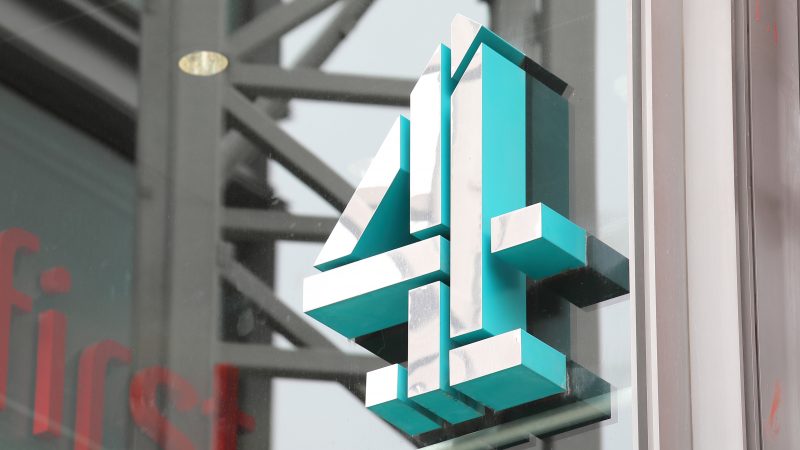
The government has confirmed plans to privatise Channel 4. Culture Secretary Nadine Dorries argued that government ownership is “holding Channel 4 back from competing against streaming giants like Netflix and Amazon” and claimed that a change of ownership will give the channel “the tools and freedom to flourish and thrive as a public service broadcaster long into the future”. Channel 4 criticised the move, saying it was “disappointing” the announcement had been made “without formally recognising the significant public interest concerns which have been raised”.
Appearing on BBC Radio 4’s Today programme this morning, former Channel 4 editor-at-large Dorothy Byrne said the government’s argument on competition “doesn’t stack up” because Channel 4 exists to provide a “public service to the people of Britain” not compete with streaming services. She also strongly criticised Dorries, saying the Secretary of State “doesn’t know very much about the broadcasting sector”. This opinion is backed up by Dorries’ appearance in front of the digital, culture, media and sport committee last year, when committee member and fellow Tory MP Damian Green corrected her false claim that Channel 4 receives licence fee money.
Speaking on Sky News, Shadow Culture Secretary Lucy Powell said: “I just don’t see what the case is for selling off Channel 4”, adding that such a move was “not anybody’s priority right now” when the government should be focused on dealing with the cost of living crisis. “It really does feel like the wrong decision at the wrong time,” she added, arguing that it was a form of “cultural vandalism” and “a bit of a vendetta… against some of the news output that the government just doesn’t like”.
Channel 4 is well-known to be in the current government’s bad books, with some Tories arguing it is an explicitly left-wing outlet. The Conservatives threatened to review the channel’s broadcasting remit during the 2019 election campaign following the decision by Channel 4 News to replace Boris Johnson with a block of melting ice when he refused to appear in a debate on climate change. Yesterday’s move looks like just the latest stage of Dorries’ personal campaign against “left-wing snowflakes” in the arts and media sector, part of the government’s broader culture war.
The so-called ‘war on woke’ may play well among Tory voters – although most have no idea what ‘woke’ means – but Channel 4 is an interesting target, given that it opened a new headquarters in Leeds last year. The decision to privatise it will likely impact jobs and opportunities in the north of England, further bringing into question the government’s commitment to its ‘levelling up’ agenda. Dorries tweeted that she “will seek to reinvest the proceeds of the sale into levelling up the creative sector, putting money into independent production and creative skills in priority parts of the country”. Critics have argued that the sale will do the opposite, however, with the purchaser likely to prioritise shareholder returns, rather than broader public goals.
On LabourList today, we have a piece from columnist Jake Richards on the upcoming local elections, as well as an article by campaigner Matthew Topham on Welsh Labour’s bus revolution. We’ve also covered new Labour research that found households in rural areas will be worst affected by rapidly rising energy bills. Finally, Keir Starmer and Mark Drakeford will launch Welsh Labour’s local election campaign later today – check out our write-up of of what the two leaders are expected to say here.
Sign up to LabourList’s morning email for everything Labour, every weekday morning.



More from LabourList
‘I was wrong on the doorstep in Gorton and Denton. I, and all of us, need to listen properly’
‘Why solidarity with Ukraine still matters’
‘Ukraine is Europe’s frontier – and Labour must stay resolute in its defence’